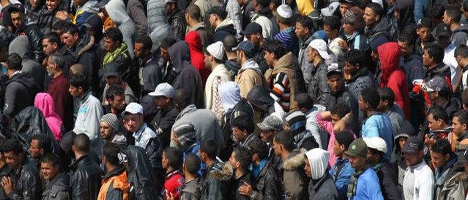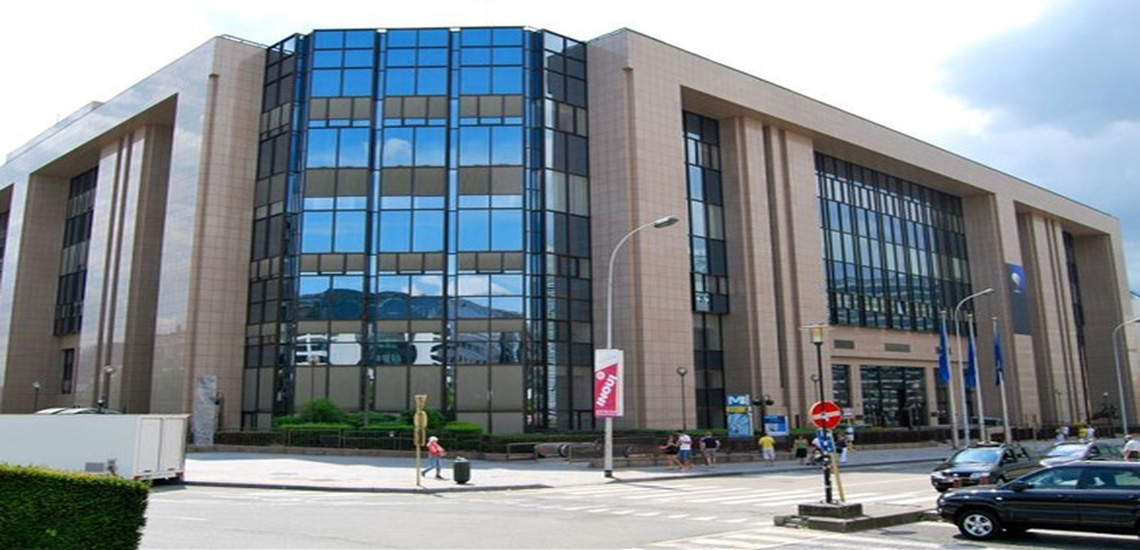Who we are and what we do ?
In short
The Committee is composed of a group of qualified people from different countries. These are “scientists », « politicians », « research scientists », « journalists», « doctors», which, within their area of competence, have decided to share their knowledge and experiences, but sometimes their struggles, to inform, finally and above all, the public authorities and the Member States of the failures, the realities of a system, based on profits and not on the evolution of the human race.
A variety of files, on a number of issues, are being prepared.
The Committee functions exclusively thanks to donations and thanks to various forms of support to provide studies and documents on behalf of other companies and institutions.
The Committee operates an administrative Headquarters in London, a Head-Office in Geneva, a European Office in Brussels and some representations in various countries.
The Committee issues a Card providing complete identification of the recipient, the position held within the Committee as well as a picture.
The Committee awards a trophy for the “personality of the year” in political, journalistic or humanitarian action who have earned recognition in the previous year. An event is then organized on the occasion of the “Trophy Award winner”.
Once a year, the Committee organizes public sales of works of art which have been given, if the number of objects received is sufficient. If not, the Committee will entrust an auctioneer with the task of selling those works of art thus received.
C.D.C.I. non-governmental international organisation of British private law
(The purpose of International organisations is predominantly the states’ collective security and the promotion of human condition in the worldwide community)
Usually, the term designates only legal persons with non-lucrative purposes financed by private funds. Thanks to the support of organisations’ sociology, the main criteria describing NGO’s are the following:
• The non-lucrative purpose of its action
• Financial independence
• Political independence
• The notion of public interest
An NGO is a legal person that, although it is not a government, intervenes in the national
and international fields.
Traditionally, the international legal relations are relations only between states (or
between governments)
In the case of international organisations, usually we use the terms International
Solidarity Association (ISA) or non-governmental international organisations.
Currently, 2,727 have the consultative status of ECOSOC
NGOs’ professionalization
Since the end of the 1990’s, we have witnessed NGOs’ increasing power:
Mediatisation of needs, resort to humanitarian action.
Increasingly, NGOs have technical skills at their disposal, which makes them credible and allow them to be consulted and listened during important international meetings.
Since the years 2000, large private companies have signed partnerships with NGOs in order to obtain a more overall vision of the globalised world, and to dispose of skills that help them to have a clearer understanding of consumer’s expectations and the markets.
This appears clearer in the British and Japanese world.
NGOs must answer even more professionally than in the past.
Some French organisations have become closest to the British system (salaried job status instead of voluntary work, which was the rule until then), and they turn to
candidates that show professional knowledge in different sectors, corresponding to their area of interests. It has become essential, at least for the medium to large-size NGOs to put forward its professional experience before applying.
Among the profiles sought, there are doctors and other professionals of the health sector, agronomists, engineers and technicians of water treatment, professionals of the BTP (construction and public works), logisticians, radio technicians for areas of conflicts, computer specialists, etc.
In order to answer this need to professionalize NGOs, more and more universities and schools are setting up specific training programs for NGOs, besides the existing training programs (training schemes of one or several years in the dedicated schools, such as Bioforce in Lyon or the IFAID (Institut de Formation et d’Appui aux Initiatives de Développement or Institute of Training and Support to Initiatives of Development), in Bordeaux, or even the professional Licence with the mention management of international projects of co-development in Besançon)



